Does the thought of a peaceful night’s sleep seem more like a dream than reality? If you’ve been looking for a more natural sleep solution, let me introduce you to CBN. Learn more about how this lesser-known compound, nicknamed the sleep cannabinoid, could be the key to unlocking the restful sleep you’ve been dreaming of.
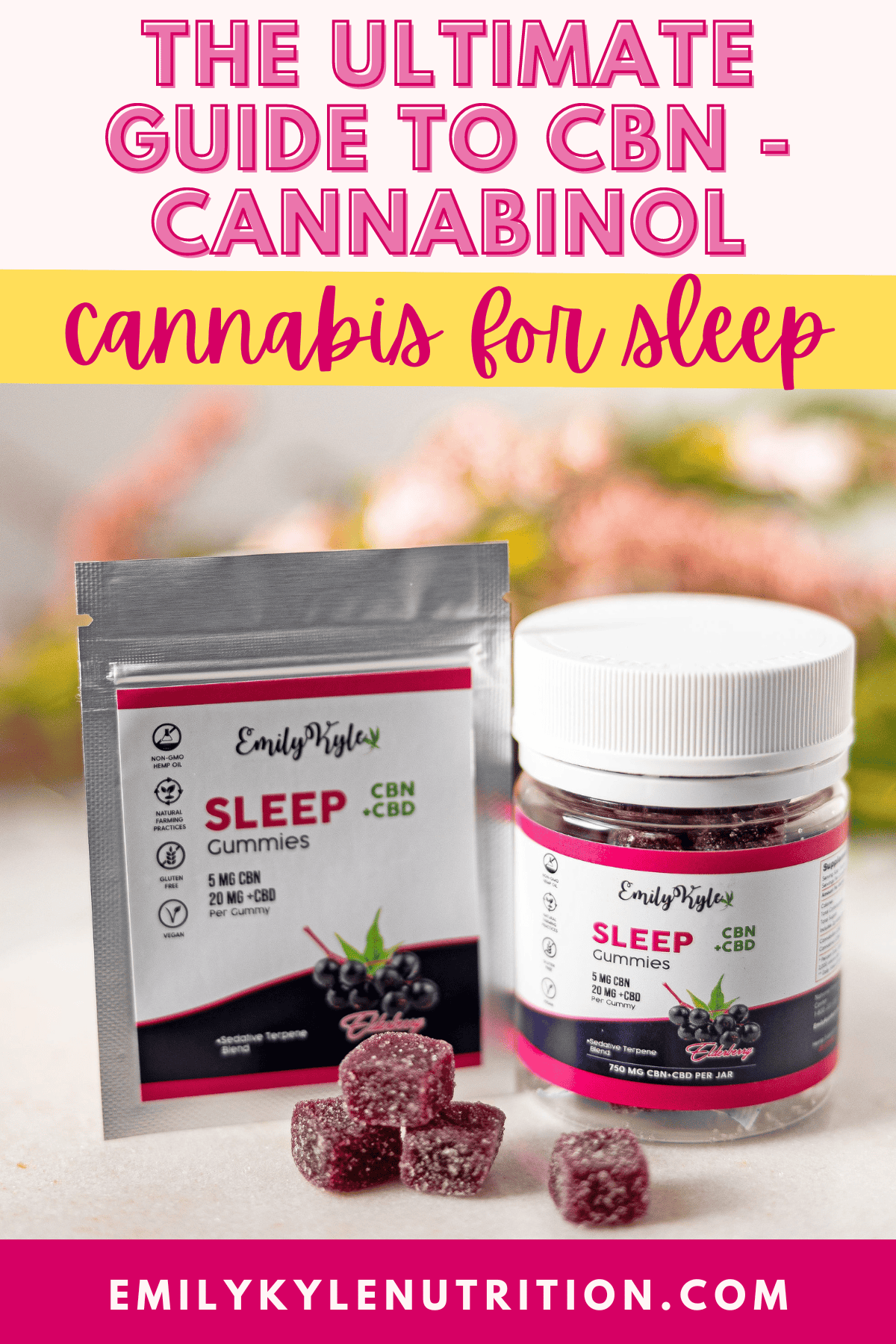
Table of Contents
Article Features
- An introduction to CBN, the sleep cannabinoid
- How CBN may help with falling asleep and staying asleep
- Want to make it easy? Shop with me and have high-quality CBN products delivered directly to your door. Now shipping across the US!
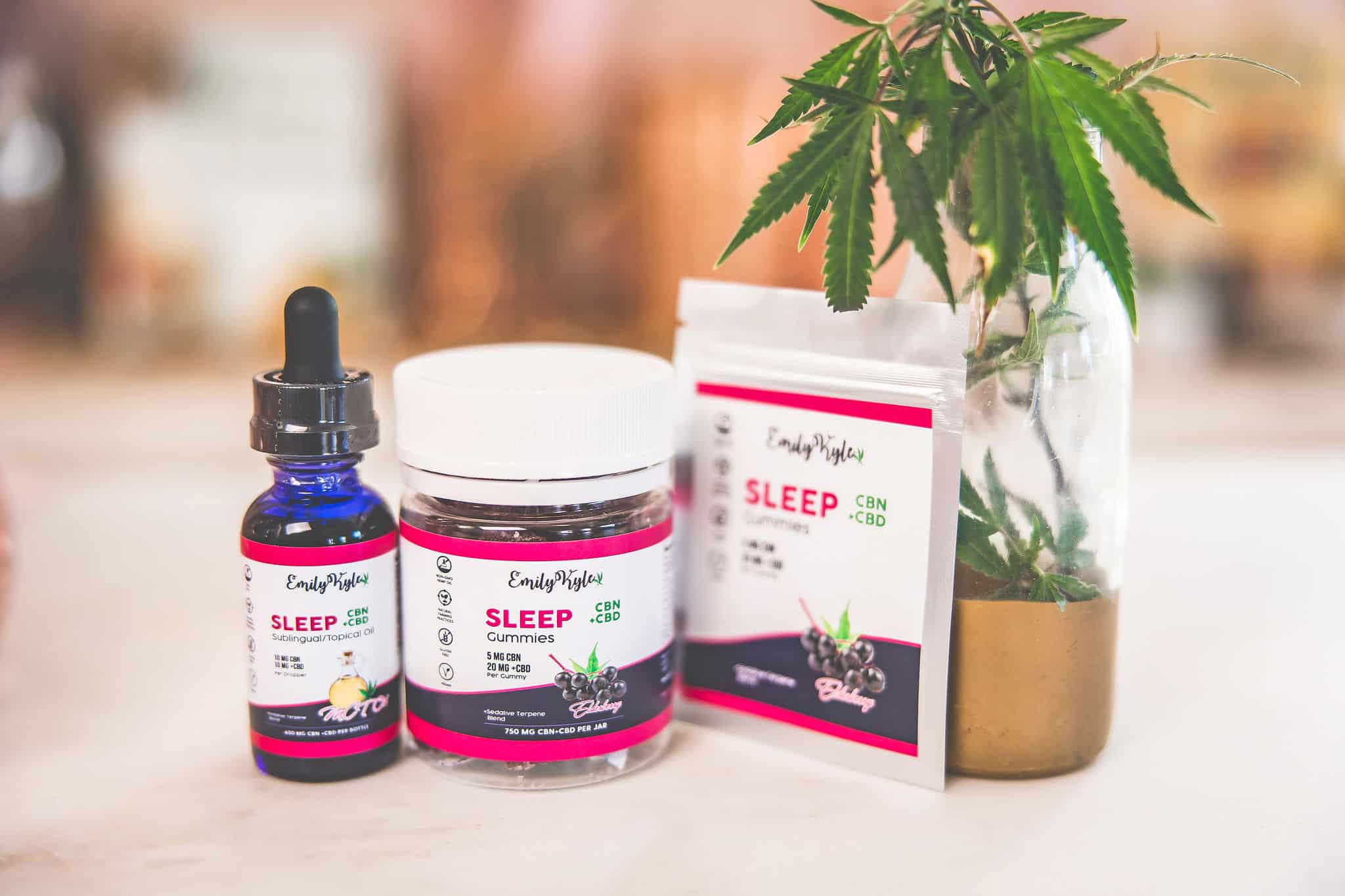
Why You Will Love This Guide
As we learn more about the power of different cannabinoids, one is becoming more and more popular – cannabinol, or CBN.
If you’re new to cannabis, CBN might sound like just another term to be lost in the vast list of cannabis terms and abbreviations.
But to the seasoned enthusiasts and even the weary, sleep-deprived, CBN represents a promising all-natural solution to many common sleep concerns.
Chances are, if you’re here, you’re ready to learn more about CBN and how it may help you or a loved one sleep better, and I’m here to help.
In this guide, we will explore the world of CBN, how to obtain CBN in a home kitchen, and where to buy high-quality CBN products to start your sleep journey.
Meet Cannabinol
In most cannabis plants, THC and CBD are the two most prominent active cannabinoids, or THCA and CBDA, respectively.
CBN, also known as cannabinol, is considered a minor cannabinoid because it is only found naturally in small, trace amounts in the plant.
According to a proof-of-concept trial published in the British Medical Journal, CBN attaches to cannabinoid receptors in our body through the ECS, producing potentially sedative effects when consumed.
CBN, the metabolite of THC, is considered to be mildly intoxicating.
CBN is best known anecdotally among my community as a solution to manage conditions like insomnia or anxiety due to its calming, relaxing nature.
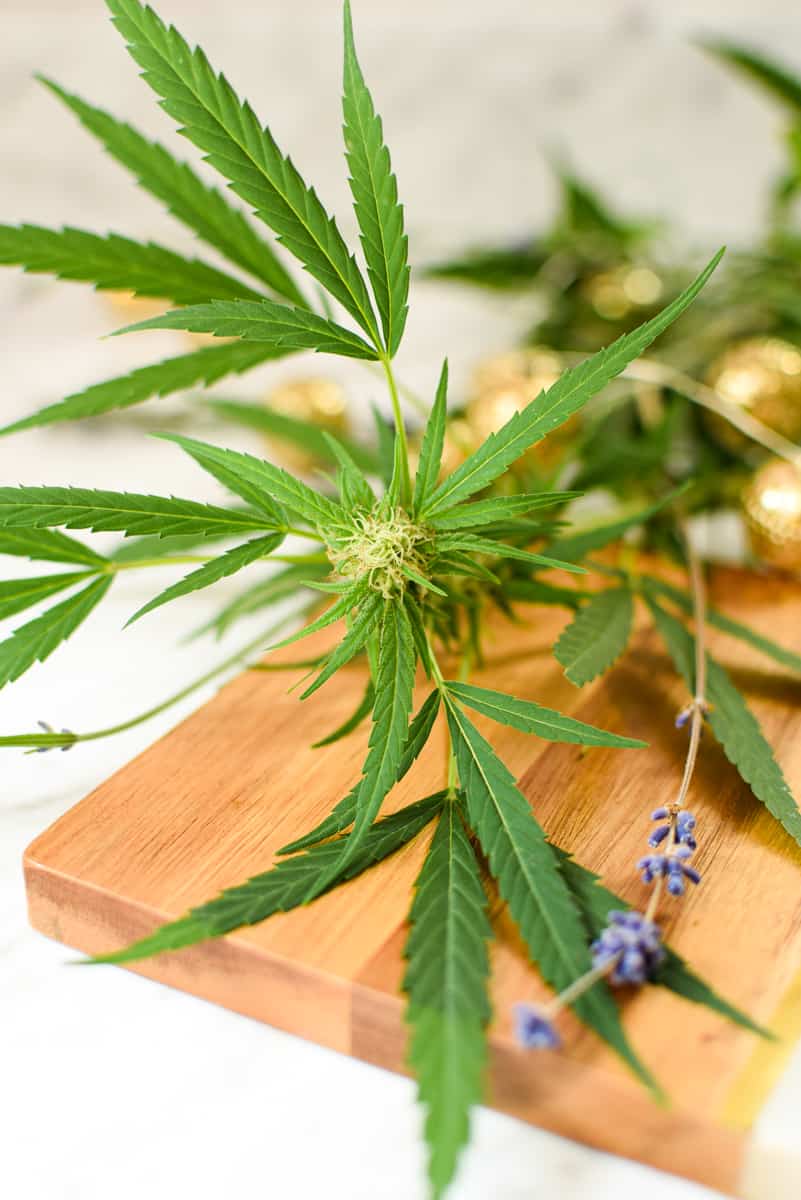
Why the ‘Sleep Cannabinoid’?
CBN is commonly referred to as ‘the sleep cannabinoid’ because it is believed to help people fall asleep faster or stay asleep longer.
Back in the day, people who consumed old cannabis that had been sitting around for years reported that it produced more sleep-inducing effects than fresh cannabis.
And this makes total sense, given what we know about THC degrading into CBN over time.
As THC ages and the more it is exposed to heat and air, the more the compound breaks down into CBN, thus making the sleep effect even more pronounced.
Beyond just sleep, Dr. Russo’s research has found that “CBN can be sedative, anticonvulsant in animal and human studies, and has demonstrated significant properties related to anti-inflammatory, antibiotic, and anti-MRSA activity.”
And because cannabis has relatively few side effects, many hope that one day, CBN products may be able to replace addictive and potentially dangerous prescription sleep medications.
While more research is needed before making any actual claims that CBN may help with sleep, many people find this promising and worth exploring what CBN can do for them.
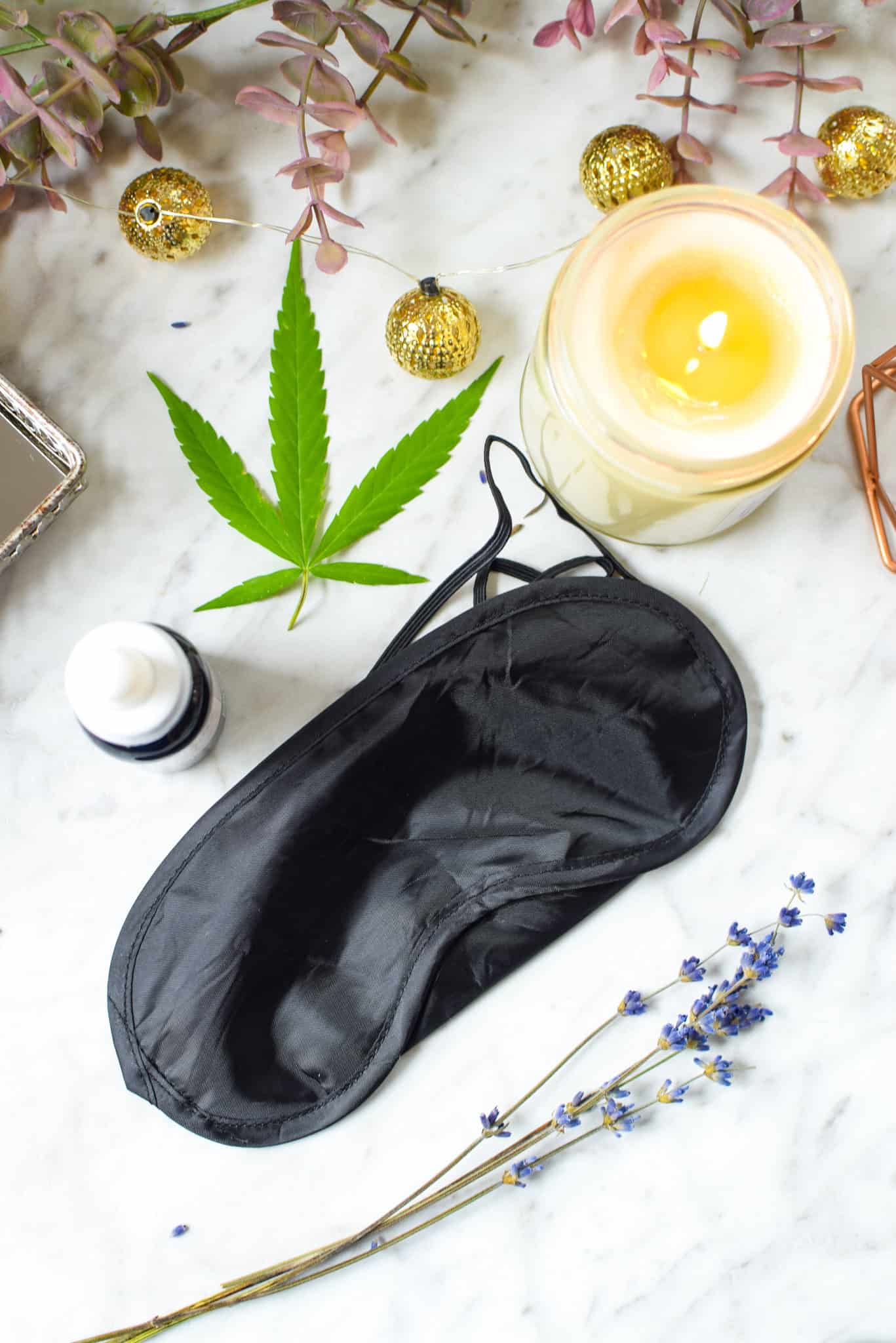
How To Decarb To Get CBN
According to a decarboxylation study of acidic cannabinoids published in Cannabis and Cannabinoid Research, “Δ9-THC itself readily oxidizes to cannabinol (CBN) with oxygen and light during the decarboxylation process”.
The study goes on to note that the “formation of an oxidation product, CBN, was observed at 160°C and 180°C” (2).
For my Fahrenheit friends, that is 320°F to 356°F, respectively.
At these high temperatures, it has been claimed that THC can be converted into CBN in as little as 90 minutes.
Of course, many people prefer to decarboxylate at lower temperatures in order to preserve the valuable terpenes present in the plant.
Because decarboxylation operates on a time-to-temperature scale, we can decarb for CBN at a lower temperature for a longer period of time to achieve CBN formation.
If you want to stick with the traditional decarboxylation temperature of 240°F, you should decarb for a total of 180 minutes.
*This is opposed to 40 minutes for THCA to THC conversion or 90 minutes for CBDA to CBD conversion.

You can learn more about how to decarb and make your own CBN oil here.
The Effects and Side Effects
Before you start making or using CBN, it’s important to understand both its positive effects and its potential negative side effects.
First, it’s important to note that pure, isolated CBN isn’t guaranteed to make you sleepy.
Like most cannabinoids, CBN works best when combined with other cannabinoids and terpenes.
This is a part of The Entourage Effect theory proposed by Dr. Russo in the British Journal of Pharmacology.
This theory believes that a full spectrum of cannabinoids produces a more powerful effect than isolated cannabinoids on their own.
CBN is often combined with a complementary cannabinoid, like CBD or THC, to produce more targeted effects.
A study published in the Archives of Oral Biology suggests that CBD and CBN can work synergistically together to help reduce pain and produce calming feelings.
On the other hand, some users anecdotally report that they have experienced grogginess and dry mouth as a result of consuming CBN.
This may or may not be associated with the additional consumption of too much THC.
It’s also not uncommon for your body to get used to CBN, which can only be avoided by giving your body tolerance breaks, switching products, or increasing your dosage.
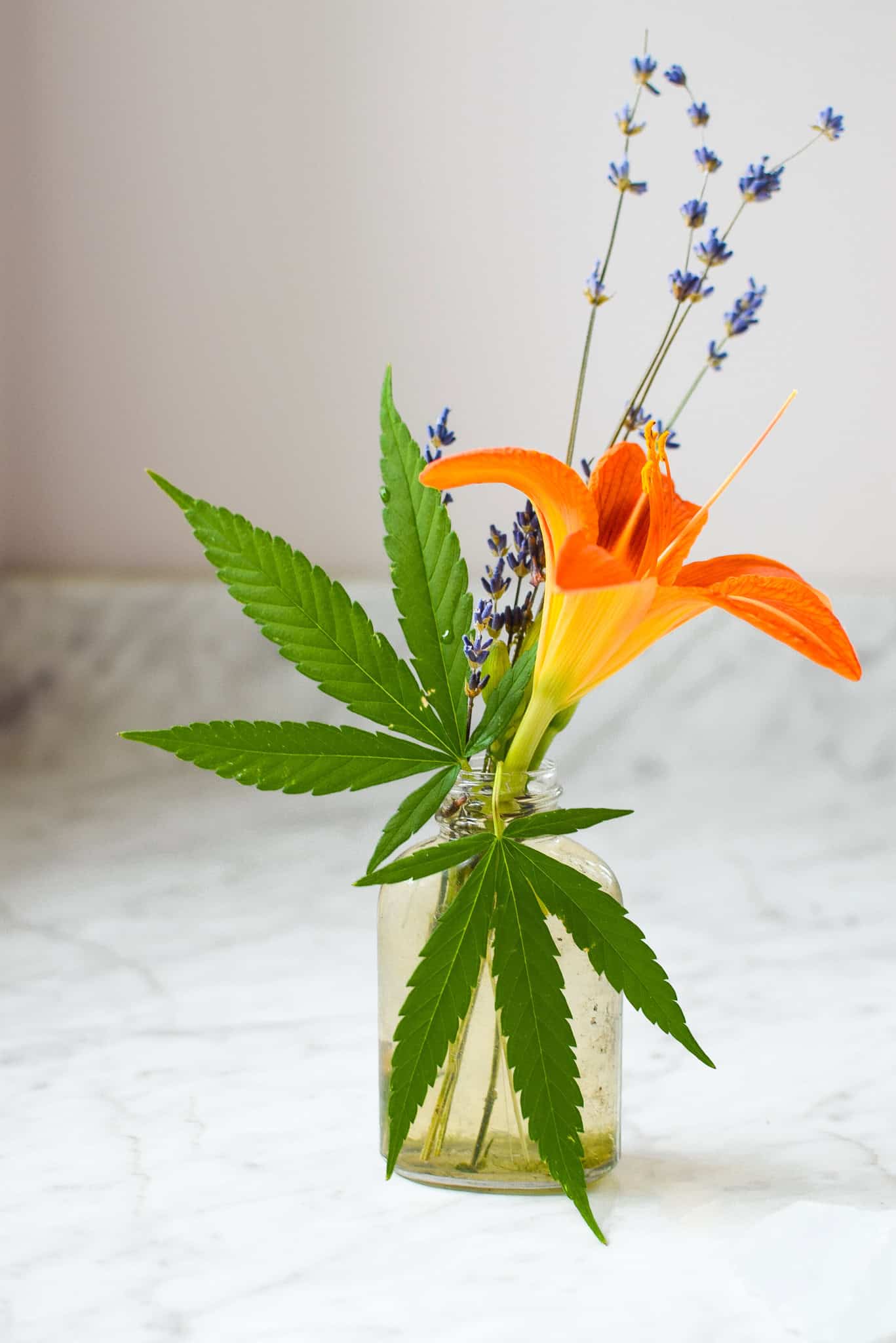
How to Consume CBN
The beauty of CBN is its versatility and accessibility; you can create it at home or purchase pre-made products.
Unlike more regulated cannabinoids, CBN is finding its way into the open market in many different forms, making it easier to experiment with.
From sublingual tinctures to easy-to-consume gummies, each product offers an opportunity to be the gateway to your bedtime bliss.
The best way to decide what to use is to think about your personal needs and consider the different ways to use cannabis and how they make you feel.
There is no one right or wrong option, just one that works for you.
If you’re new to CBN, ready-made products offer the convenience of immediate use and ensure a controlled and precise dosage.
This makes it easier to track how much you have consumed and how it makes you feel.
Will it Make You High?
CBN, the metabolite of THC, is considered to be mildly intoxicating.
According to an article published in the Advances in Pharmacology, co-authored by Dr. Ethan Russo, CBN maintains about ¼ the potency compared to THC.
Anecdotally, many people do not report any intoxicating feeling associated with the consumption of CBN.
However, this is entirely dependent on the dose of CBN consumed, your unique endocannabinoid system, and whether or not THC is also present.
If you have made your own CBN oil at home, there is a good chance that there could still be some residual THC leftover, which will contribute to an intoxicating feeling.
How to Dose CBN
As with other cannabinoids, it is not possible to give a blanket dose recommendation of how much CBN to consume, which will be unique to each person.
That is why we always follow the “start low and go slow” mantra to ensure you are introducing CBN into your body in a slow and gentle way to avoid any unwanted effects.
Many people find that between 5-10mg of CBN is a good place to start with.
Again, CBN is only mildly intoxicating and should not make you feel the same way consuming THC does.
A 2024 double-blind, randomized, placebo-controlled study published in Clinical Psychopharmacology studying the safety and effects of CBN on sleep quality found that:
“20mg of CBN taken nightly may be helpful for improving overall sleep disturbance, including the number of times one wakes up throughout the night, without impacting daytime fatigue.”
Is CBN Safe?
Of course, consuming too much CBN in one sitting can be a concern.
Thankfully, research published in the British Medical Journal found that even with doses of up to 1200mg of CBN at a time:
“There were no notable safety concerns, aberrations or toxicity concerns; with no adverse changes in parameters such as heart rate, blood pressure, body temperature, respiratory rate, perception, intoxication, and postural stability.”
This also confirms that it is unlikely you will feel intoxicated as a result of consuming CBN alone.
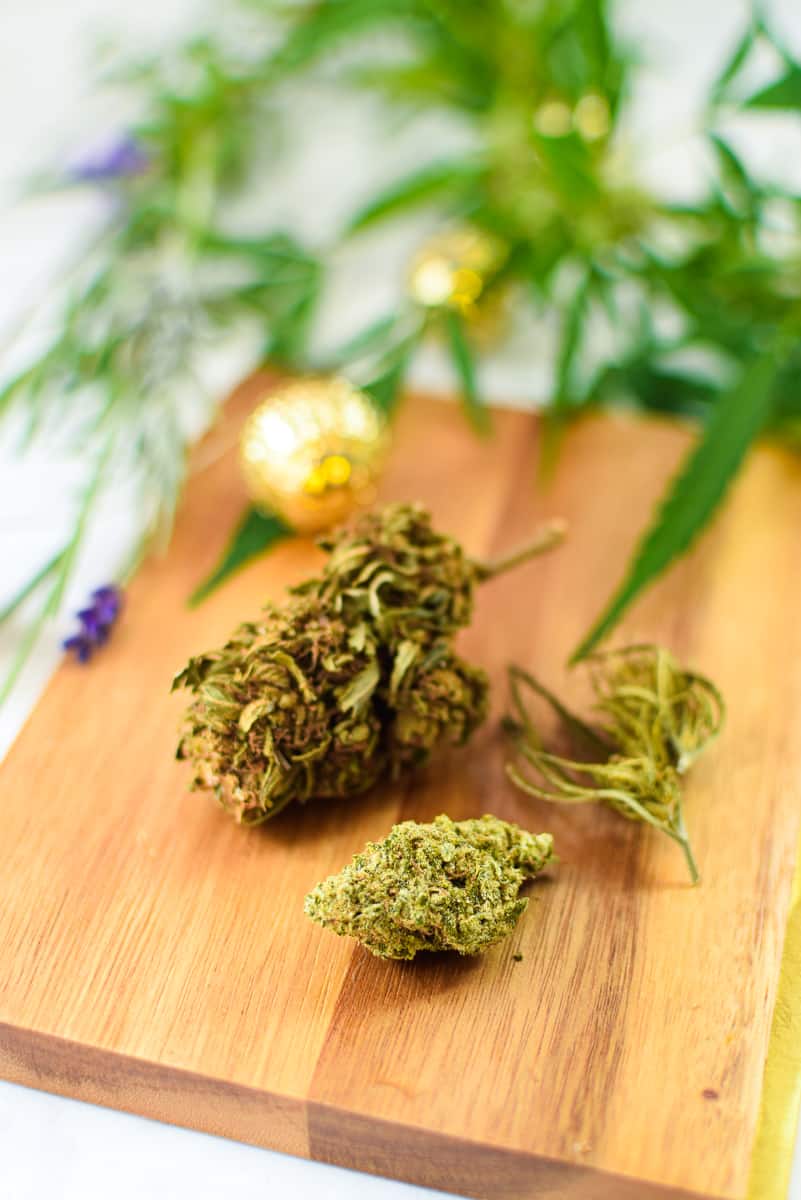
Make or Buy CBN Oil
The best part is that CBN, unlike some other cannabis products, is not directly considered a controlled substance.
This means more and more CBN products are appearing on the market, like sublingual tinctures, capsules, or even tea bags.
However, many CBN products may fall into a legal gray area depending on where you live, so it’s important to be careful and check your local regulations.
You can purchase CBN products from my shop, or you can also make your own CBN oil at home from cannabis flower by breaking down the THC into CBN.
High-Quality CBN Products
Shop with Emily
Shop Now: Bliss Sleep Gummies
Shop with Emily
Shop Now: CBN Sleep Oil
Shop with Emily
Shop Now: CBN Sleep Gummies
Conclusion
The story of CBN is still being written by people like you and me who try it out and share our experiences with others.
While we await more clinical evidence, our anecdotal reports and preliminary research paint a promising picture of CBN as the answer for sound sleep and a serene mind.
If falling asleep faster and staying asleep longer is on your wish list, I hope by now you understand why you may want to consider adding CBN to your wellness regimen.
💬 Have you had success with CBN products? Please be sure to drop your experience or thoughts in the comments below!
More Sleep Resources for You
Articles & How-To Guides
Cannabis for Sleep: Your Guide to Restful Nights
Cannabis Drink Recipes
9 Ways To Make Cannabis Tea
Cannabis Infusions & Extractions
How to Make CBN Oil for Sleep
Gluten-Free

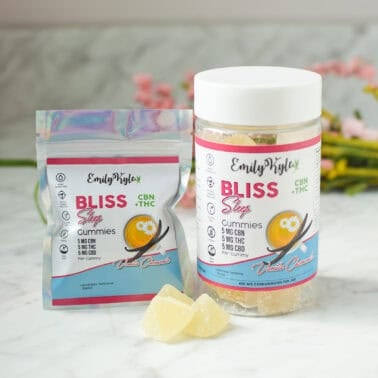
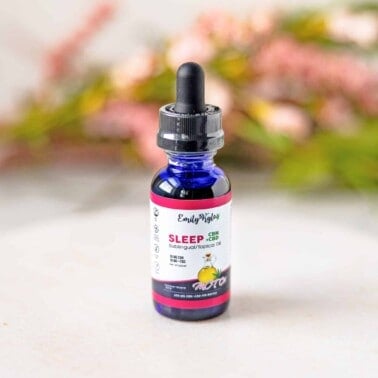
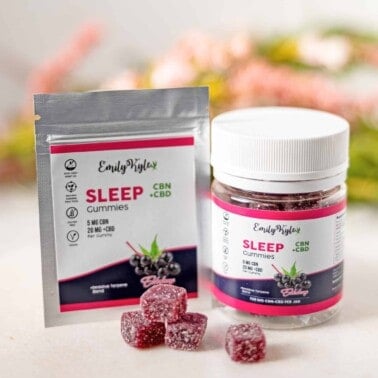


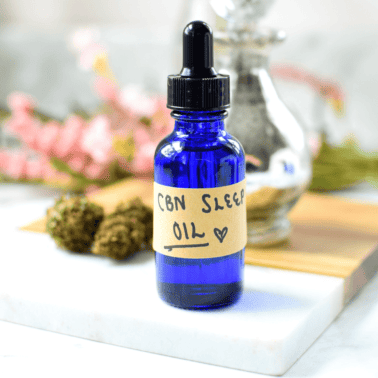
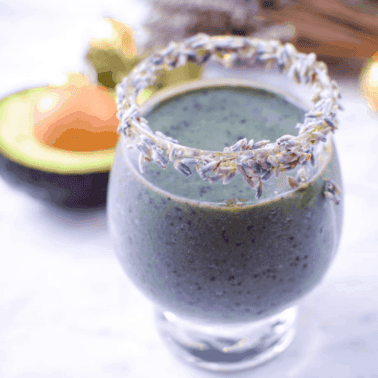
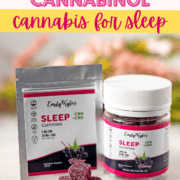








I make my own CBN from The Church strain following your instructions and consume as gummies. My calculations are about 10 mg per gummy. I love it and I feel the effects after about an hour after consuming. I take it along with my CBD gummies which I produce using Kali Kush strain. Thanks for all your information and the beautiful way it is presented
Thank you for sharing your experience, Susan! It’s great to hear how you’re crafting your own CBN and CBD products. It sounds like you’ve found a routine that works well for you, and I’m glad the instructions were helpful. If you have any further questions or need more tips, feel free to reach out. Happy crafting!